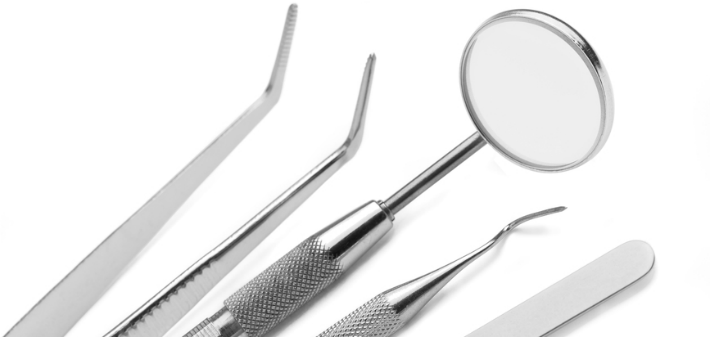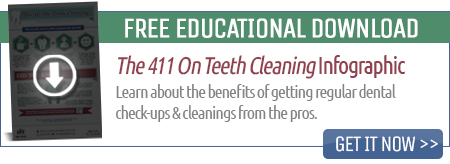When it comes to your teeth, gums, and tongue, you should know what oral hygiene practices are considered healthy and which ones are just dental health myths.
There are a few too many dental health myths roaming around in the popular consciousness. Folklore cures and old wives’ tales have been common since the early days of dentistry, but modern dental practices have changed significantly since then to disprove inaccurate ideas about maintaining good oral hygiene. Since it is April Fools’ Day, re-examine your oral hygiene routine and learn to separate fact from fiction when it comes to achieving the best dental health possible.
Myth #1: Bad Breath Can Be Solved with the Regular Use of a Good Mouthwash
FACT: There are many causes for bad breath, but mouthwash alone is not the solution. A bout of halitosis, or what is commonly called bad breath, may develop from foods, medication, illness, or simply poor dental habits. Changing your diet can help, but halitosis can also occur due to metabolic disorders or acid reflux.
Reaching for the mouthwash is only a temporary solution to minimize the presence of bad breath. Be sure to take the time to brush your teeth for a full two minutes twice a day, floss, and then clean your tongue with a tongue scraper to get rid of any remaining bacteria.
Myth #2: When Your Gums Bleed, It Means You’re Brushing Too Hard. If You Leave Them Alone, They’ll Heal…Eventually
FACT: It may make sense to leave bleeding gums alone and let them heal, but the plaque and food particles caught along your gum line are causing them to become inflamed, making them sensitive, and therefore, bleed easier. It’s possible that you’re being too rough, but it’s more likely that your oral health routine is lacking.
To heal bleeding gums, begin by consistently brushing and flossing gently twice a day. Hold your toothbrush at a 45-degree angle, pointing the bristles toward the gums and use salt water rinses to accelerate healing. If bleeding continues, see your dentist to evaluate your gums for possible gum disease.
Myth #3: Whitening Your Teeth Actually Ruins the Enamel
FACT: Professional whitening procedures as well as over-the-counter products are generally safe if used according to directions. The health and strength of enamel is not compromised with bleaching, as only the color is changed.
Your dentist can recommend the best whitening option for you, and if you choose to have whitening done at the dentist’s office, you can feel safe knowing the procedure is performed in a controlled environment with a predictable outcome. In-office whitening involves stronger bleaching agents, but tooth enamel is protected and shielded from damage under professional supervision.
Myth #4: Baby Teeth Will Fall Out Anyway, So They Don’t Need Fillings
FACT: A child’s baby teeth are normally replaced by adult teeth naturally by the age of 12. But if cavities do form in baby teeth, problems can develop with their bite and upcoming permanent teeth. Baby teeth provide a chewing surface and also hold a place for permanent teeth before they emerge, so cavities should always be filled to protect the child’s future dental health.
Missing baby teeth can cause crowding problems that are more difficult to correct later, and also may give a child a bad experience in the dentist chair if a tooth has to be removed. Teaching children good oral hygiene while they are young is fundamental to achieving optimum oral health.
Myth #5: Eating Too Much Sugar Will Rot Your Teeth
FACT: Sugar is definitely not good for your teeth, but the amount of sugar is not as important as how long it stays in contact with the teeth. Sugar feeds the bacteria in the mouth, producing acid that wears away at your tooth enamel.
Indulging in sugary drinks and slow-dissolving candy during the day is worse than eating a chocolate bar or piece of cake, as the sugar remains on your teeth even longer. If you love your sweets, try to enjoy them in moderation and be sure to brush your teeth thoroughly after eating them.
One of the best ways to debunk dental health myths is with comprehensive dental care. Contact the professionals at Arkansas Family Dental or schedule an appointment to find out how to improve your dental health and oral hygiene.


Leave a Reply